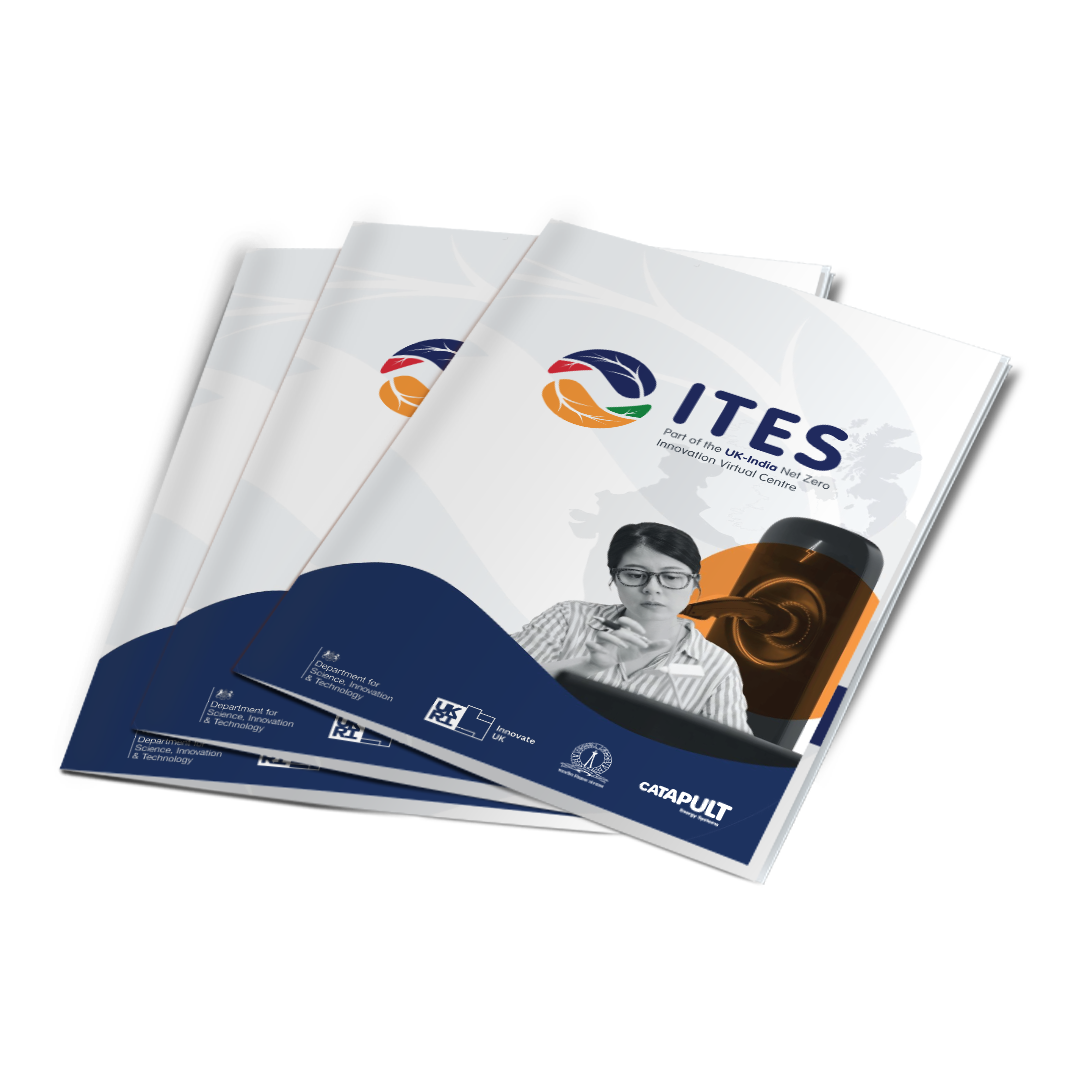India’s geography – 30% mountains, 43% plains, and 27% plateaus – creates unique challenges for decarbonising the transport sector. On the upside, that same diverse topography promotes innovative multi-modal transport solutions in India’s quest for clean transport, green energy, and its Net Zero goals.
Commissioned by ITES, and written by ICF, this report brings together the specific challenges different states are facing, with comprehensive analysis including:
- A high-level summary description of each Indian state
- Transport decarbonisation challenges and opportunities for each state
- Grouping states into archetypes
- Identifying commonalities between states
The study examines four transport sectors: railways, aviation, maritime, and road transport, with a particular focus on decarbonising the whole transport sector and supporting the mass uptake of electric vehicles (EVs) across all states.
Download report
Delve deeper into each state’s profile, transport overview, readiness index, challenges and archetypes data in this comprehensive report from ITES.
loerm ipsum is simply dummy text of the printing

The report highlights how, at state level:
- No comprehensive transport policy is present to integrate mobility.
- EV policy is the only major initiative towards decarbonisation.
- States identified as ‘early adopters’ and ‘fast followers’ can lead the way in the successful adoption of alternative fuel vehicles.
- Different states have specific challenges and opportunities, as per their reported level of readiness.
- Multiplicity of agencies involved in the implementation of transportation policies makes implementation difficult.
Overall, national initiatives exist across sectors, but only road transportation has concrete policies for adopting clean fuels in vehicles.
Learn about our latest cohort of UK innovators and their cutting-edge clean transport and energy solutions, covering hydrogen, EV infrastructure, batteries and battery management systems, smart data, rail, and more by clicking here.


